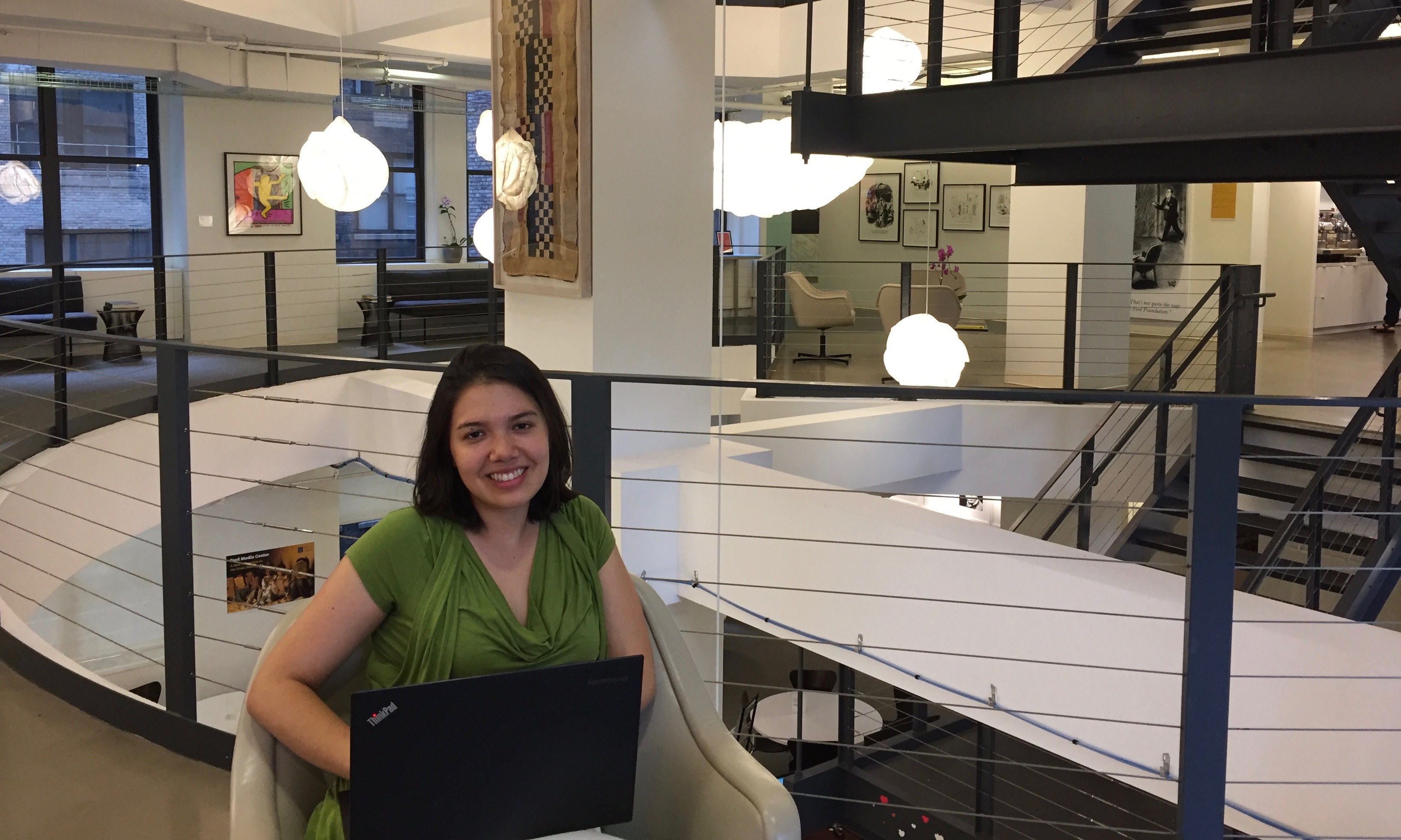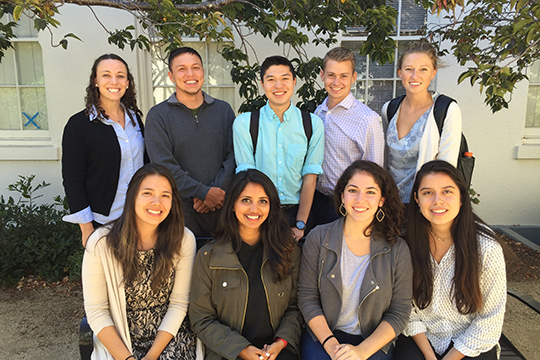Category: Philanthropy

Funding for social change
By Priscilla Acuna, ’17 (Human Biology)
As someone uncomfortable at the idea of vast sums of wealth, philanthropy is perhaps a strange place to land for my first job after graduation. I spent my teenage years in Jakarta—a hot, dense, tropical city where gleaming skyscrapers coexist with bustling urban shantytowns (for lack of a better word). I understood from an early age that extreme wealth exists in a world where many don’t have enough money to eat, work, and live in dignity. Yet now, six years after my departure from Indonesia, I find myself completing a year-long, postgraduate fellowship in philanthropy— a field that some might describe as the practice of allocating wealth to social causes.
My introduction to philanthropy came during my junior year in the form of POLISCI 236: Theories of Civil Society, Philanthropy, and the Nonprofit Sector. Upon hearing the course’s final project—a small-team grantmaking process to allocate $25,000 to a Bay Area nonprofit—I felt a reflexive aversion to participate. Ultimately, I completed the course in its entirety and learned something from the chance to confront my discomfort.
Newly conversant in the language of philanthropy, after graduation I pursued the Tom Ford Fellowship in Philanthropy, made possible by Susan Ford Dorsey’s Sand Hill Foundation. I was fortunate to be placed with Laine Romero-Alston, program officer in the Future of Work team at the Ford Foundation in New York City. I began this experience motivated by a simple desire to understand the funding side of social change work and left with a deepened understanding of the role of philanthropy in society.
Working at the Ford Foundation can be exhilarating, sitting at a hub for some of the most groundbreaking, inspiring social movement work unfolding nationally and globally. It has been an absolute privilege to be here. Through mentors I admire and respect, I learned that resourcing is part of the ecosystem of social change work. At its best, philanthropy enables the world’s most important work to unfold seamlessly and abundantly; at their best, funders are responsive and humble stewards of resources.
I was introduced to the notion of grantcraft, the idea that giving away money can be done with intentional analysis of the conditions within a field. The program officer, a professional who manages a grant portfolio, best functions as a node within a network: a holder of relationships, an expert convener and connector informed on the latest developments in their field, a humble and helpful thought partner. A program officer can have tremendous influence; at the scale of $100,000 grants, program officers help shape a field. Before my fellowship, I didn’t know that this kind of work existed; now I would like to work as a program officer at some point in my career.
At our end-of-year presentation, I was asked by my professor from that junior-year course whether I am still as skeptical as when I started. I responded that my fellowship allowed me to enter philanthropy as an outsider with a curious mind, and I have come to understand more fully the complexities of philanthropy. For instance, while the program officers I know personally are admirable stewards of resources, at the structural level foundations exist because our economic system rewards a concentrated few with staggering levels of wealth that they are empowered to redistribute at their behest. It also baffles me that foundation endowments are required to disburse only five percent of their resources annually and are in many cases sustained by investments that counter the very goals of a foundation’s grantmaking.
Perhaps this seems overly critical, but I learned from student activists at Stanford that critique is a show of love, a demonstration of how seriously you value an actor and see its potential to effect positive change. Philanthropy has enormous potential to do good, and I am grateful for having been given the opportunity to spend my first year after Stanford as an earnest student of the field.
After completing the Tom Ford Fellowship in Philanthropy, a Cardinal Careers fellowship, at the Ford Foundation in 2017–18, Priscila went on as a program manager at Working Partnerships USA, a Silicon Valley-based economic justice organization.

Students learn about philanthropy and social change
Two Cardinal Quarter summer opportunities, the Corporate Social Responsibility Fellowship and the Philanthropy Fellowship, place students with Bay Area corporations and foundations to learn how these organizations work to effect change in areas from sustainability and education to entrepreneurship and grantmaking.
By Amy Harris, ’14
